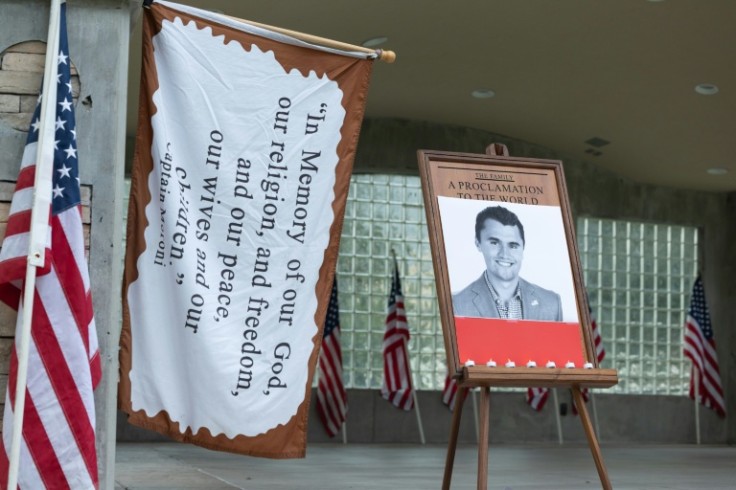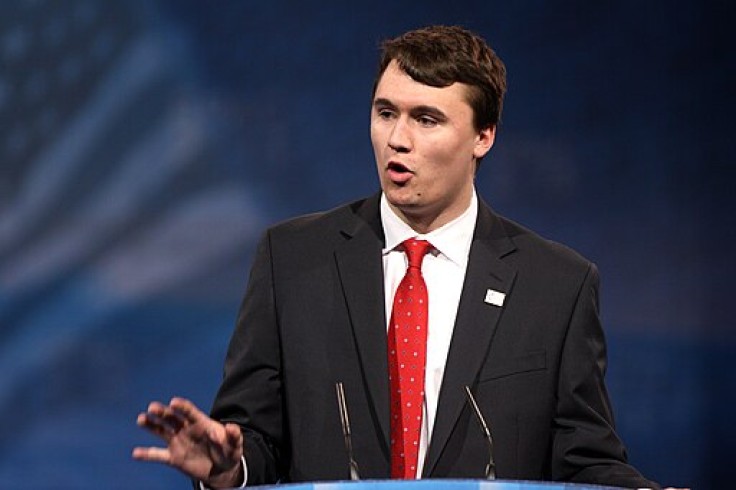Remembering Charlie Kirk: Campus Impact and Caring for His Loved Ones
By
Charlie Kirk's sudden death at age 31 has sparked renewed reflection on his impact on American higher education and student political activism. As founder of Turning Point USA (TPUSA), Kirk left a lasting imprint on the culture of U.S. colleges and universities, reshaping how conservative voices organize, speak, and challenge mainstream campus climates. His passing also leaves behind a wife, Erika, and two young children, bringing into focus what support looks like in the aftermath of tragedy.
The Beginning of Turning Point USA

Charlie Kirk founded Turning Point USA in 2012, when he was just 18 years old, alongside mentor Bill Montgomery. The organization's origin can be traced to when Kirk spoke at Benedictine University's Youth Government Day; Montgomery encouraged him to focus on political activism full-time rather than pursue college. Support from donors like Foster Friess helped the organization scale from modest beginnings.
TPUSA's Mission, Methods, and Campus Presence
TPUSA describes its mission as to:
"identify, educate, train, and organize students to promote the principles of fiscal responsibility, free markets, and limited government."
By 2025, TPUSA had claimed chapters on more than 3,000 campuses in all 50 states. Key tactics included:
- Campus debates and speaking tours ("Prove Me Wrong"-style forums) designed to provoke discussion and gain media attention.
- Leadership summits and faith-based outreach, including projects led by his wife Erika, like BIBLE365 and PROCLAIM.
- Media and social media engagement, where messaging around free speech, "culture war," identity, and university bias often took center stage.
Style, Faith, and Influence
Faith was central to Kirk's personal identity and public persona:
His rhetoric was often confrontational, aiming to challenge what he and TPUSA saw as entrenched liberal dominance in academia. Critics have argued this approach could be polarizing, but supporters say it was necessary to shake up norms.
Legacy in Higher Education
Charlie Kirk's influence will likely endure in several ways:
- Shifting political culture: Conservative student activism has gained legitimacy and visibility on campuses where it was previously marginalized.
- Youth political engagement: TPUSA empowered many students to become organizers, speakers, campaigners, or otherwise activist.
- Interconnection of faith and politics in campus debate, especially via Erika's ministries and Christian messaging.
- Free speech and academic policy: Kirk's work has pushed universities to reexamine speaker policies, protest codes, and what counts as ideological balance.
Supporting Charlie Kirk's Family
In light of his death, many have expressed a desire to help his surviving family—his wife, Erika, and their two young children. A verified fundraiser has been established on GiveSendGo by the Liberty Memes Foundation to provide financial support, and supporters are encouraged to ensure they use the correct, official campaign link. Beyond financial contributions, countless people are participating in prayer vigils and public memorials, acts that offer comfort and recognition of the family's loss. Messages of solace shared personally, through social media, or within faith communities also help Erika and her children feel the embrace of the broader community.
Charlie Kirk's death is a deep loss for many, from the college students he inspired to the family he leaves behind. His life story contains a powerful tale of activism, faith, and influence, particularly among young conservatives. As attention turns to how to honor that legacy, supporting his wife Erika and their two children offers one of the most direct ways to turn reflection into care.
Charlie Kirk's name will remain entwined with Turning Point USA and with a changed landscape of student political life in America; but perhaps, more importantly, those close to him deserve compassion, aid, and remembrance.
© 2026 University Herald, All rights reserved. Do not reproduce without permission.








